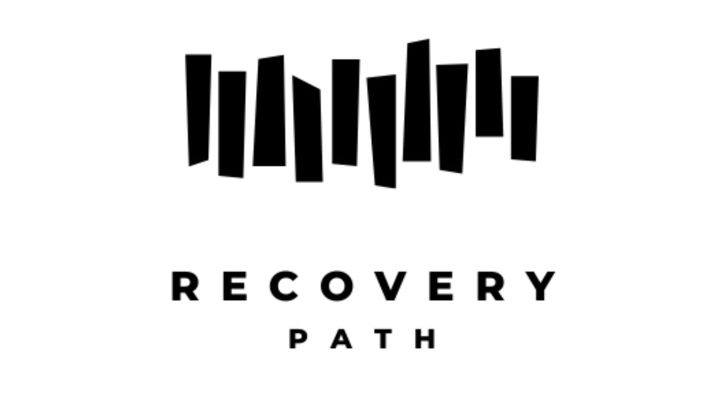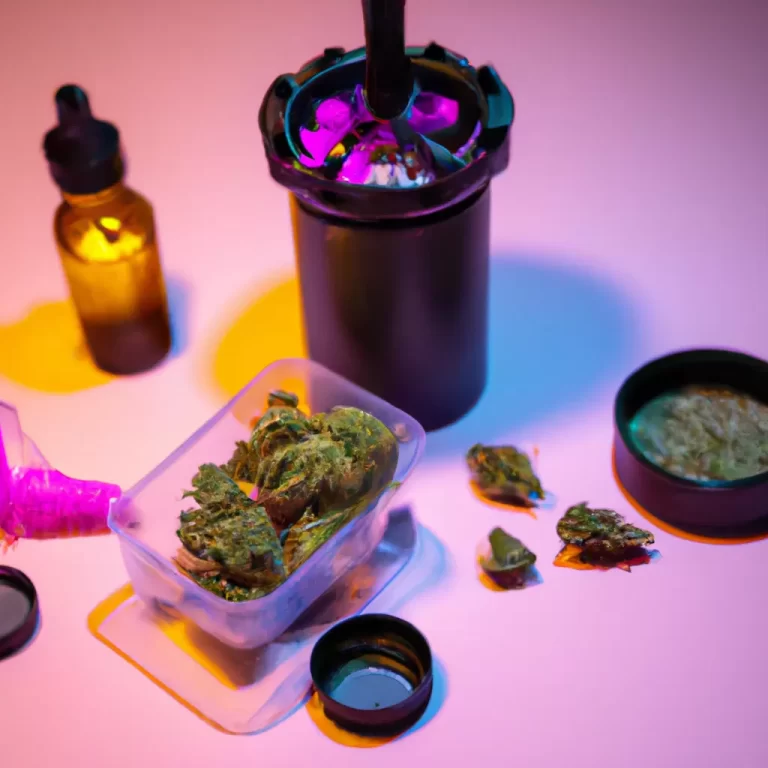5 Surprising Signs of Marijuana Addiction: Why You Can't Ignore Them and How to Overcome
5 Surprising Signs of Marijuana Addiction: Why You Must Address Them and How to Overcome
Marijuana addiction is a topic that often flies under the radar, with many people believing that cannabis is not addictive. However, the reality is that some individuals can develop a dependency on marijuana that can have significant impacts on their lives. In this article, we will explore five surprising signs of marijuana addiction that you may not be aware of, why it’s crucial to address them, and how you can overcome this addiction.
Sign #1: Increased Tolerance
One of the first signs of marijuana addiction is an increased tolerance to the drug. Over time, regular users may find that they need to consume larger amounts of marijuana to achieve the same effects they once experienced with smaller doses. This tolerance buildup can lead to a cycle of increased use, which can be a red flag for addiction.
Sign #2: Withdrawal Symptoms
Contrary to popular belief, marijuana withdrawal symptoms do exist and can be a sign of addiction. These symptoms can include irritability, anxiety, insomnia, and loss of appetite. If you find yourself experiencing these symptoms when you try to cut back on your marijuana use, it may indicate a dependency that needs to be addressed.
Sign #3: Neglecting Responsibilities
Another surprising sign of marijuana addiction is neglecting responsibilities in favor of using the drug. This can manifest as missing work or school, neglecting personal hygiene, or abandoning hobbies and activities that were once important to you. If marijuana use begins to interfere with your daily responsibilities, it may be a sign that you have developed an addiction.
Sign #4: Continued Use Despite Negative Consequences
One of the hallmark signs of addiction is continuing to use a substance despite negative consequences. In the case of marijuana addiction, this can mean using the drug even when it leads to problems in relationships, legal issues, or financial difficulties. If you find yourself unable to stop using marijuana despite these negative consequences, it’s essential to seek help.
Sign #5: Using Marijuana as a Coping Mechanism
Many individuals turn to marijuana as a way to cope with stress, anxiety, or other emotional issues. However, using marijuana as a primary coping mechanism can be a sign of addiction. Relying on the drug to manage your emotions can lead to a cycle of dependence that is difficult to break without intervention.
Overcoming Marijuana Addiction: How to Take Control
If you recognize any of these signs in yourself or a loved one, it’s crucial to take action to overcome marijuana addiction. Here are some steps you can take to regain control of your life:
Seek Professional Help
The first step in overcoming marijuana addiction is to seek professional help. This can include therapy, counseling, or participation in a support group specifically tailored to individuals struggling with substance abuse. A trained professional can provide guidance and support as you work towards recovery.
Develop Healthy Coping Mechanisms
Instead of relying on marijuana to cope with stress or negative emotions, work on developing healthy coping mechanisms. This could include exercise, mindfulness practices, hobbies, or spending time with supportive friends and family members. Finding alternative ways to manage your emotions can help break the cycle of addiction.
Create a Supportive Environment
Surround yourself with people who support your recovery journey and encourage positive changes in your life. Avoid environments or individuals who may enable or trigger your marijuana use. Building a strong support network can be instrumental in overcoming addiction.
Set Clear Goals
Setting clear goals for yourself can provide motivation and direction as you work towards overcoming marijuana addiction. Whether it’s reducing your use, quitting entirely, or making other positive changes in your life, having specific goals can help you stay focused and committed to your recovery.
Practice Self-Care
Taking care of yourself physically, mentally, and emotionally is essential during the recovery process. Make sure to prioritize self-care activities such as getting enough sleep, eating nutritious foods, exercising regularly, and engaging in activities that bring you joy and fulfillment.
Conclusion
In conclusion, recognizing the signs of marijuana addiction and taking steps to address them is crucial for regaining control of your life. By being aware of the surprising signs of addiction, seeking help, developing healthy coping mechanisms, creating a supportive environment, setting clear goals, and practicing self-care, you can overcome marijuana addiction and move towards a healthier, more fulfilling life. Remember, you are not alone in this journey, and help is available to support you every step of the way.







